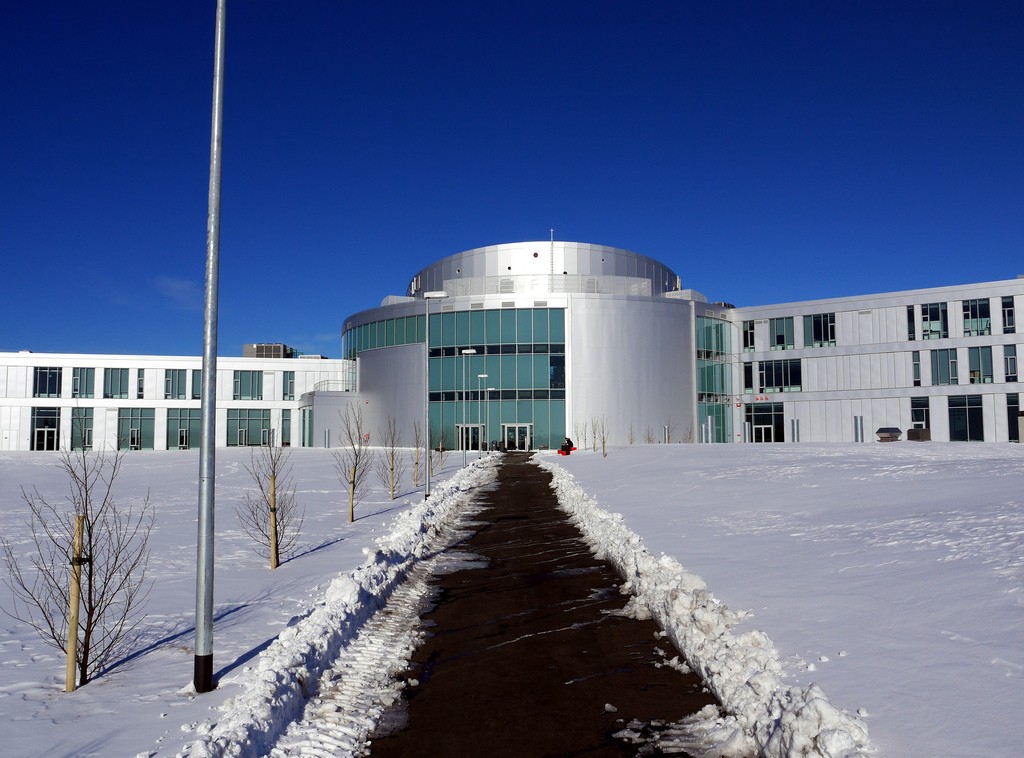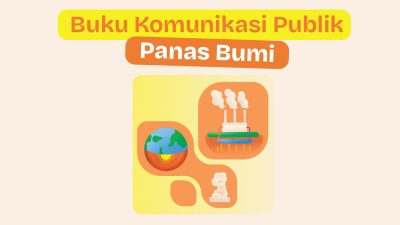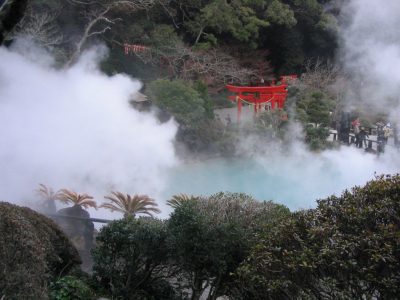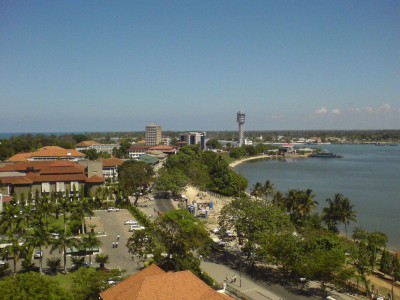UNU Geothermal Program to add project management and finance to curriculum
The Geothermal Training Programme of the United Nations University (UNU-GTP) is a postgraduate training programme, aiming at assisting developing countries in capacity building within geothermal exploration and development.
Helgi Þór Ingason, Associate Professor at the School Science and Engineering and Director of Masters studies in project management, MPM, at Reykjavik University, has been recently commissioned to establish a new programme with the UN Council.
The Geothermal Training Programme of the United Nations University (UNU-GTP) is a postgraduate training programme, aiming at assisting developing countries in capacity building within geothermal exploration and development. The programme consists of six months annual training for practising professionals from developing and transitional countries with significant geothermal potential. Priority is given to countries where geothermal development is under way, in order to maximize technology transfer. The programme has operated in Iceland since 1979. It is a cooperation between the United Nations University and the Government of Iceland and is hosted by the Icelandic National Energy Authority (Orkustofnun).
The academic council for the UNU-GTP has decided to offer a new study line in the six month programme with emphasis on project management and finances of geothermal projects. . “I met with the leaders of the school last summer and it was discussed that they would like to build a line study of project management into the programme,” says Helgi Þór, in a discussion on his involvement in the UNU-GTP programme. “So I will be leading the studies and taking a seat on the academic council of the school. The study line will be run for the first time in 2015, with Fellows enrolled from Ethiopia and Kenya. A support team from the School of Science and Engineering at RU, for example Hauk Inga Jonasson, Assistant Professor and Chairman of the Board MPM-learning and Paul Jensson professor, have been integral in the development of this line of study. This will be a completely new programme with the approach of the geothermal project from the funding and finance.
The basic structure is the same as for other study lines: the studies start out with 5 weeks on general aspects of geothermal exploration, development, utilisation and management, followed by 7 weeks of specialisation and 12 weeks of individual project work. Group project work is interlaced in the programme and 2 weeks are used for class field trips and excursions in Iceland. Two thirds of the specialized period will be devoted to project management and one third to financial and finance aspects of geothermal projects. The subjects will be covered from both an academic and practical perspective.
“Now there is the willingness to strengthen the management component of the programme, traditionally this has been a science and technology based learning, and this will largely continue. The role of the school, however, is to give an insight into all aspects of geothermal projects, the quest for energy, development, utilisation and financing. Good management is crucial if projects are to be successful. Project management is a young branch in the country, but has been very rapid development in recent years. Now this is a key component of business operations and is now a special profession and who specialize in this field of science writing articles about the project and investigate the various challenges associated with it. ”
Helgi says that the new programme will be taught through lectures, exercises and field trips. “Iceland is very well suited to host the UNU-GTP Training as we can provided a great deal of knowledge in this country. In fact, our country is quite unique in this respect and the knowledge of our scientists has become an important export. I am very proud to be among them. ”
Source: Háskólinn Í Reykjavík

















